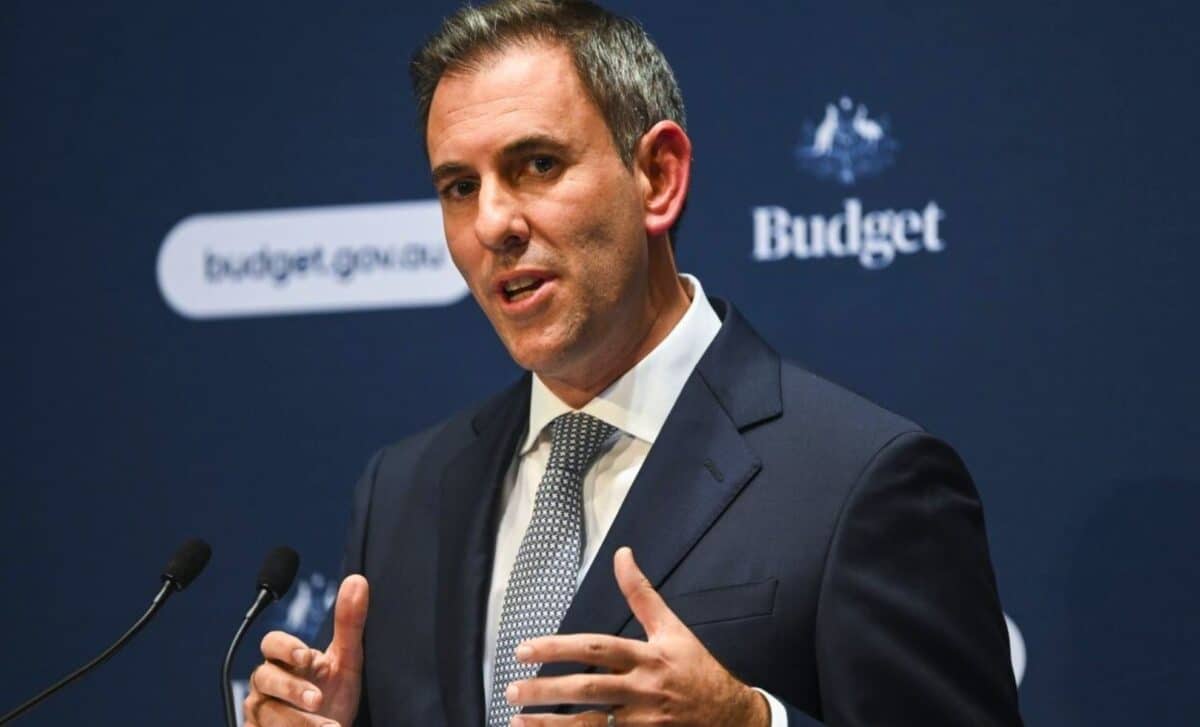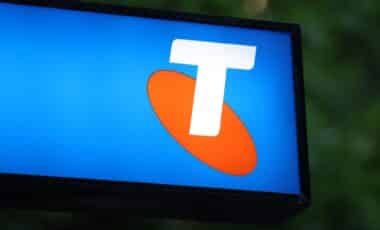Federal Treasurer Jim Chalmers has confirmed that Australia’s brief period of budget surpluses will come to an end next week, with the upcoming federal budget set to forecast a deficit. This marks a significant shift after two consecutive years of surpluses, the first in over a decade.
The government had previously forecast a decade of deficits, but speculation had grown that strong revenues from minerals exports might allow for one final surplus. However, Chalmers confirmed on Monday that the budget would instead reflect a deficit for the current year.
The End of a Surplus Streak
Australia’s recent budget surpluses were driven by a combination of low unemployment, which boosted income tax revenues, and higher-than-expected prices for coal and mineral exports.
These factors allowed the government to deliver back-to-back surpluses for the first time in over a decade. However, the treasurer emphasized that responsible economic management remains a priority, even as the budget returns to deficit.
“A defining feature of our first three budgets was responsible economic management. That will be a defining feature of the fourth as well,” Chalmers said. “Even this year, where we will be printing a deficit for this year, it will be much, much smaller than what we inherited from our political opponents, and that shows the progress we have been able to make.”
Despite the deficit, the government has sought to highlight its fiscal discipline, contrasting its approach with the Coalition’s record. However, structural issues in the budget and rising costs of living continue to pose significant challenges.
Rising Taxes and Political Tensions
According to ABC Business, the Coalition has seized on the budget announcement to criticize the government’s tax policies. Shadow Treasurer Angus Taylor released figures targeting the average tax paid in Australia’s most marginal electorates, arguing that rising wages are pushing more Australians into higher tax brackets. According to the Coalition’s analysis, the average tax paid this year is $3,500 higher than in 2021-22.
“These are the pains that Australians are feeling. We need a budget that restores Australians’ standard of living,” Taylor said. “It is clear taxes are on the rise if Labor’s policy settings continue. Labor abolished the tax cap in its first budget, the Coalition will restore it.”
The Coalition has pledged to reintroduce its self-imposed cap on the tax-to-GDP ratio at 23.9% if it wins the next election. While Labor abolished this cap in 2022, calling it arbitrary, the government has maintained taxation levels below this threshold. Chalmers dismissed the Coalition’s promise, noting that the only government to exceed the 23.9% ratio was John Howard’s.
Australia’s Tax Landscape in Global Context
Despite the political debate over taxation, Australia’s overall tax burden remains relatively low compared to other developed nations. The country’s tax-to-GDP ratio, including state and local taxes, is below the OECD average. This context is often overlooked in domestic discussions, where the focus tends to be on rising tax burdens rather than the broader fiscal landscape.
The treasurer has emphasized that the upcoming budget will balance fiscal responsibility with measures to address the cost-of-living crisis. However, with structural challenges persisting and political tensions escalating, the budget is likely to spark further debate over Australia’s economic direction









